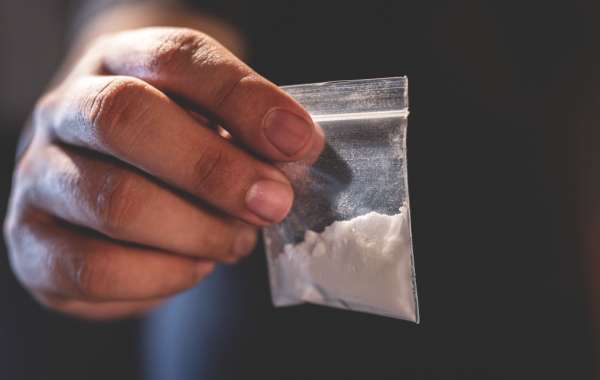A medical detox is the treatment of substance abuse and the symptoms of withdrawal. The withdrawal symptoms, seizures, and co-occurring conditions associated with substance abuse are all treated during this process. If you are in need of a medical detox, you can look into the following factors to find the best one for you. Medical detox is a process in which the substance abuser undergoes an inpatient stay in a medical facility. The main aim of this treatment is to ensure that the patient does not return to their previous lifestyle.
Treatment for substance abuse
After undergoing medical detox, patients must begin to work on their recovery. They will be monitored throughout the detox process and may be prescribed medications for certain symptoms. They may also be offered therapy, 12-step programs, and counseling after detox. Many health care providers support the medical model of detoxification. The principles of effective detoxification, created by the Substance Abuse and Mental Health Services Administration, include physician supervision, medication, and nursing staff.
During the medical detox process, patients are evaluated and monitored for withdrawal symptoms and other signs of addiction. They may also be required to attend therapy sessions and support groups. However, these activities are not actually stages of detox. The first step of medical detox is an evaluation. Health professionals may conduct physical exams, blood tests, and questionnaires to identify any co-existing medical conditions. Therapists also evaluate the patient's psychological state and support system.
Treatment for withdrawal symptoms
If you or a loved one has been abusing alcohol or drugs, it's time to consider medical detox treatment for withdrawal symptoms. During the detox process, a doctor will carefully monitor the patient's progress. Once the drugs are completely eliminated from the body, physical symptoms will diminish and the patient can move on to the core treatment work with therapists and social workers. A medical detox facility will provide the support necessary to overcome the physical symptoms of withdrawal.
The first step in medical detox treatment for withdrawal symptoms is to assess the patient's body's tolerance to drugs and alcohol. Because the body gets used to large amounts of these substances over time, it will take drastic measures to rid itself of the drugs. This symptom will be triggered by a variety of factors, including genetic makeup, metabolic rate, weight, and body chemistry. Once the symptoms of withdrawal begin, the patient may need to undergo a 5 to 7-day medical detox treatment.
Treatment for seizures
People with seizures and substance use disorder often experience an increase in the number of seizures during treatment. These seizures often worsen epilepsy. The brain experiences an imbalance of excitatory and inhibitory influences. When these two substances are balanced, neural activity occurs normally. When the inhibitory function of the brain is reduced, seizures result. Seizures may be focal or generalized. Patients with epilepsy may be unable to function normally without the seizures.
Seizures can affect one side of the brain or both. There are two main types of seizures: focal and generalized. The first type affects one part of the brain, usually resulting in rapid blinking, smacking of the lips, and confusion. Symptoms of absence seizures usually return quickly, while tonic-clonic seizures result in complete loss of consciousness, jerking motions, and a change in mood and personality. If the seizures are frequent or spread throughout the brain, they can become generalized.
Treatment for co-occurring conditions
People with co-occurring conditions often present special challenges for treatment teams. The prevalence of substance abuse is twice as high among people with serious psychiatric disorders as in the general population. According to the Substance Abuse and Mental Health Services Administration, nearly 8.5 million people in the U.S. have both types of disorders. Both disorders are associated with imbalances in brain chemistry. To ensure the safety and well-being of these individuals, medical detox treatment should be part of any treatment plans.
The treatment process for co-occurring disorders begins with a comprehensive neuropsychological evaluation. The assessment will identify the needs of each client, as well as any strengths and weaknesses in managing both disorders. The team can then develop a specialized plan of care that addresses both substance abuse and mental health problems concurrently. After a thorough neuropsychological evaluation, a treatment team can determine the best course of action for each patient.







